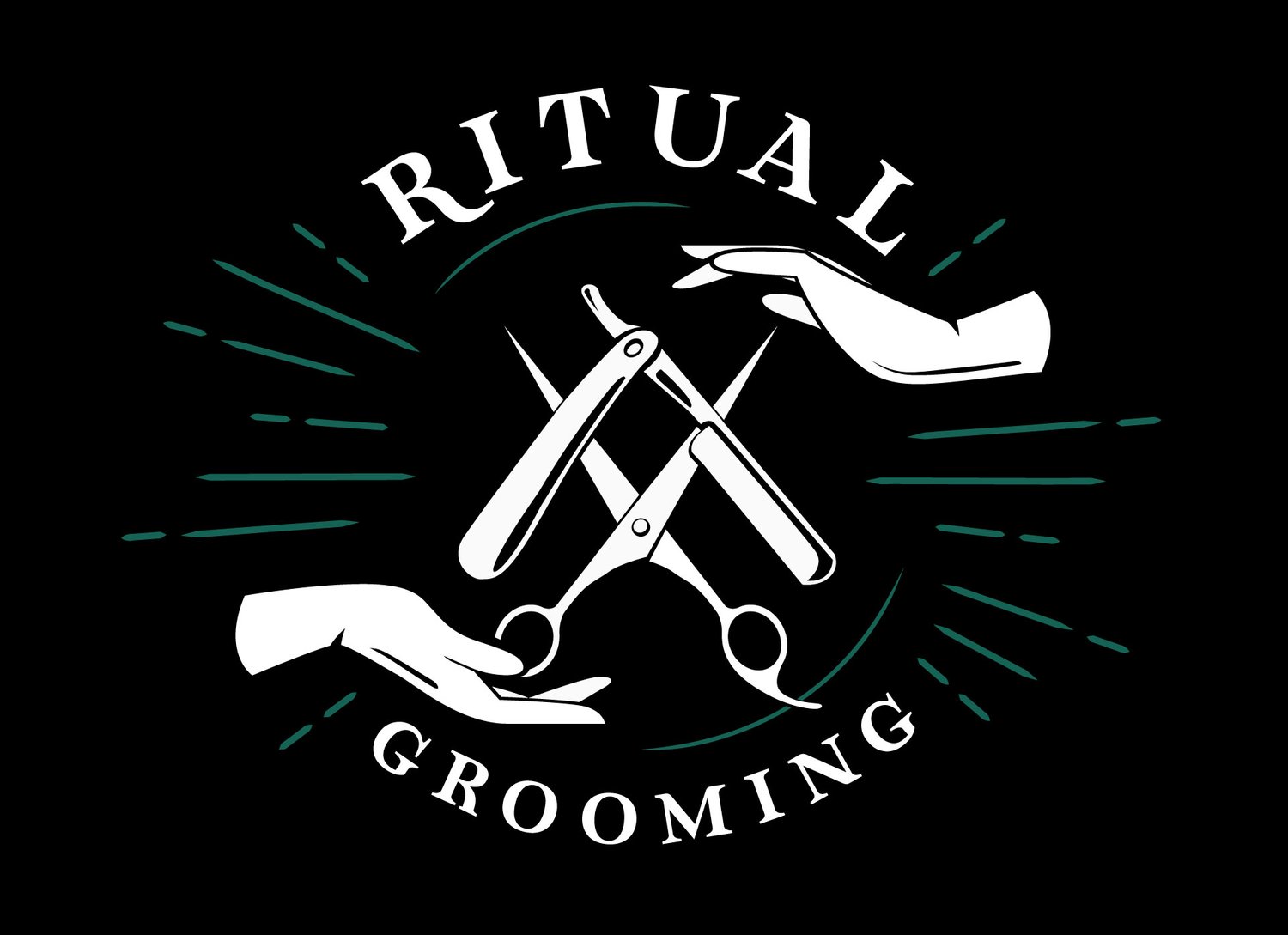Dry Scalp vs Dandruff: What's the Difference?
If you've ever experienced flaking or itchiness on your scalp, you may have wondered whether you have dry scalp or dandruff. While these two conditions can cause similar symptoms, they have different underlying causes and require different treatments. Here's what you need to know:
Dry Scalp
Dry scalp occurs when the skin on your scalp becomes dry, flaky, and itchy. This can be caused by a variety of factors, including cold weather, indoor heating, hot showers, and certain hair care products. Some people are also more prone to dry scalp due to genetics or skin type.
If you have dry scalp, you may experience the following symptoms:
White or gray flakes that are small and dry
Mild to moderate itchiness
Tightness or dryness of the scalp
Scalp sensitivity
To treat dry scalp, you'll want to focus on moisturizing and soothing the skin. Here are some tips:
Avoid hot water: Hot water can strip your scalp of its natural oils, exacerbating dryness. Instead, stick to lukewarm or cool water when washing your hair.
Use gentle shampoos: Look for shampoos that are formulated for dry or sensitive scalps, and avoid harsh ingredients like sulfates and alcohol.
Moisturize: After washing your hair, apply a lightweight scalp oil or serum to help hydrate and soothe the skin.
Avoid over-brushing: Over-brushing can irritate the scalp and worsen dryness. Instead, use a wide-toothed comb or brush gently.
Dandruff
Dandruff, on the other hand, is a common scalp condition that is caused by a yeast-like fungus called Malassezia that lives on the scalp. This fungus can cause an overgrowth of skin cells, leading to flaking, itchiness, and inflammation. Some people are more prone to dandruff due to genetics or hormonal factors.
If you have dandruff, you may experience the following symptoms:
Large, oily flakes that are yellow or white
Severe itchiness
Redness or inflammation of the scalp
Skin that is oily or greasy
To treat dandruff, you'll want to focus on controlling the yeast and reducing inflammation. Here are some tips:
Use anti-dandruff shampoos: Look for shampoos that contain ingredients like salicylic acid, coal tar, or ketoconazole, which can help control the growth of the fungus.
Use medicated creams: In severe cases, your doctor may prescribe a medicated cream or ointment to apply to the scalp.
Avoid harsh hair care products: Harsh hair care products can worsen dandruff by irritating the scalp. Stick to gentle, fragrance-free products.
Avoid stress: Stress can exacerbate dandruff, so try to practice stress-relieving techniques like meditation or yoga.
While dry scalp and dandruff can cause similar symptoms, they have different underlying causes and require different treatments. If you're unsure which condition you have, consult with a dermatologist or barber for an accurate diagnosis and treatment plan.
